Why does managing a team often feel like swimming through Jello? Even when roles, responsibilities, and priorities seem clear, decisions get revisited, deadlines slip, and communication breaks down. If this sounds familiar, your team might be missing one crucial ingredient: accountability.
Accountability is often misunderstood. It’s not about blame or punishment—it’s about ownership and alignment. When accountability is absent, everything becomes harder than it needs to be. But when teams embrace accountability, they unlock their potential, scale their impact, and work with greater clarity and purpose.
Let’s dive into how you can foster accountability on your team and transform the way you work.
Why Accountability Feels Scary
For many teams, accountability is a loaded term. It’s associated with consequences, finger-pointing, and micromanagement. Because of this, leaders often avoid the topic altogether, hoping that good intentions and vague agreements will suffice. Spoiler alert: they don’t.
Without accountability:
- Decisions lack follow-through: Plans are made, but no one feels ownership to see them through.
- Priorities lose focus: Teams agree to unrealistic workloads, overcommit, and underdeliver.
- Communication falters: Without clarity, team members hesitate to flag risks or voice disagreements.
Building Accountability: A Framework for Success
To create an environment where accountability thrives, you need to align your team’s operations and mindset. Here’s how:
1. Clarify Roles and Responsibilities
Accountability begins with clear ownership. Each team member must understand their role, responsibilities, and boundaries. Without this clarity, no one can truly “own” their work.
Ask yourself:
- Does every team member know their swim lane?
- Are responsibilities distributed clearly to avoid overlap or confusion?
2. Set Priorities with Precision
Too many priorities are the enemy of progress. Instead of overwhelming your team with an endless list, focus on a few North Star goals that guide everyone’s efforts.
Keep in mind:
- Priorities should be ambitious yet realistic.
- Stretch goals are fine, but asking a small team to accomplish the work of 20 people will erode trust and morale.
3. Foster Psychological Safety
When team members feel safe to speak up, they’re more likely to flag risks, challenge assumptions, and share better ways to work. Psychological safety paves the way for honest communication and better outcomes.
Promote safety by:
- Inviting disagreements and making it clear they won’t be penalized.
- Encouraging candid feedback and risk flagging.
4. Create Open Lines of Communication
Accountability requires clarity, and clarity comes from effective communication. Ensure your team has the tools, processes, and forums to collaborate efficiently.
Ask:
- Are team members comfortable sharing updates, blockers, and concerns?
- Does everyone understand the “why” behind their tasks?
5. Align on Outcomes, Not Checklists
Accountable teams don’t just complete tasks; they solve problems. Instead of focusing on crossing off a checklist, empower your team to think critically about how their work contributes to the bigger picture.
Why Accountability Matters
When accountability becomes part of your team’s DNA, everything changes:
- Decisions stick, and execution speeds up.
- Deadlines are met because priorities are clear.
- Motivation soars as team members feel a greater sense of ownership and purpose.
Teams with strong accountability aren’t just completing tasks; they’re driving results. And as a leader, your job gets easier when you’re not constantly chasing follow-ups or putting out fires.
Ready to Build an Accountable Team?
Accountability doesn’t happen by accident. It’s a deliberate process of aligning your team’s roles, priorities, and culture. By addressing these areas, you’ll go from struggling to manage your team to leading a high-performing, unstoppable one.
If you’re ready to take the next step, I’d love to help. Through tailored workshops and coaching, I’ve worked with companies like Google, Apple, and Microsoft to streamline team operations and scale impact. Let’s make accountability the easiest part of your leadership journey.


